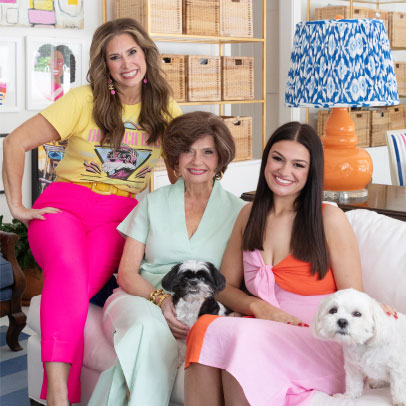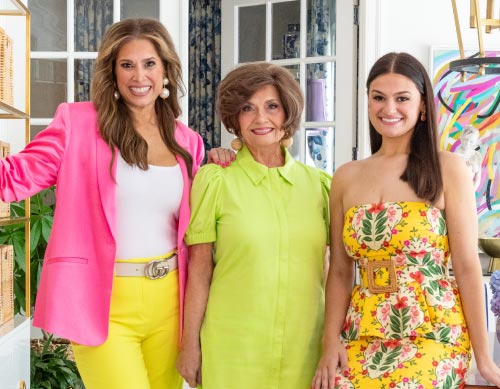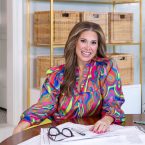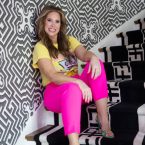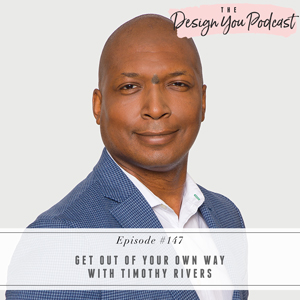
Boy, do I have an inspiring episode for you today, friends! Have you ever felt like the world is holding you back? Do you feel afraid of what people think of you and your abilities? Today’s guest joins me to share how he felt those exact feelings, yet overcame his limiting beliefs to create a life he truly loves.
Timothy Rivers is the owner of Timothy Rivers Interiors and he owns boutiques in New York City and Florida. After growing up in rural South Carolina, he knew he was capable of amazing things but was crippled by insecurity and a fear of judgment and prejudice. He joins me today to discuss how overcoming his limiting beliefs enabled him to transform his life and become who he was meant to be, and why the same is possible for you.
Tune in this week to discover how Timothy learned to appreciate his own worth and stop being a prisoner in his own life. He is an inspirational example of what’s possible when you stop holding yourself back and his story will show you how to get out of your own way, appreciate all of your greatness, and open yourself up to amazing things.
If you want help creating a business with thriving revenue streams so that you can design the life you really want this year, now is your chance! We’re going to be opening the doors to the Design You Coaching Program really soon, get on our waitlist now!

